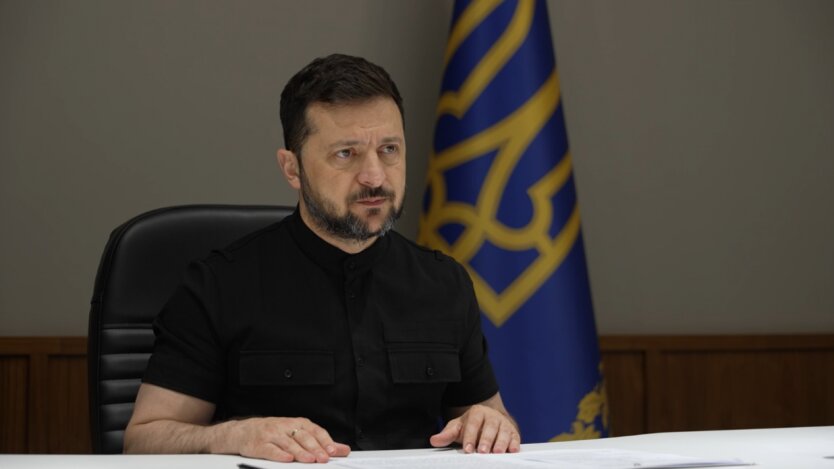Ukrainians reminded how to distinguish between cold, flu, and COVID.


Ukraine has started the epidemic season 2024-2025, which means an increase in cases of SARS, flu, and COVID-19.
The Ministry of Health reminded the importance of distinguishing these diseases and taking necessary preventive measures.
Cold symptoms
A cold, caused by rhinovirus, develops gradually and is accompanied by a sore throat, runny nose, sore throat, nasal congestion, slight fever, weakness, and headache. There are more than 200 types of viruses that can cause a cold.
Flu symptoms
Flu starts suddenly with a sharp rise in temperature. It is characterized by headache and muscle pain, fever, weakness, fatigue, cough, difficulty breathing, mucus secretion, and sore throat. The flu can affect not only the respiratory tract but also the heart muscle and blood vessels.
Coronavirus symptoms
COVID-19 has symptoms similar to a cold and flu. Respiratory symptoms such as cough, difficulty breathing, mucus secretion, and sore throat are typical. An accurate diagnosis can only be made after special testing.
Prevention
The Ministry of Health recommends annual vaccination against COVID-19 and the flu, especially for people in risk groups. Vaccination against the flu does not protect against COVID-19 and vice versa. COVID-19 vaccines are used for free, while flu vaccines can be purchased at pharmacies. Flu can cause dangerous complications, so annual vaccination is important for people in risk groups.
Read also
- Russia is increasing its military presence in Armenia amid tensions with Azerbaijan, - GUR
- Euro to Break 50 Mark: Expert Names Factor That Will Weaken Hryvnia in July
- Not for all pensioners: The Pension Fund explained who will receive an additional 5000 hryvnias every month
- NBU introduced a new coin: what it looks like
- The Best Conversation Ever: Zelensky Discusses Negotiations with Trump and New Steps Against Russia
- In one of the EU countries, a radical decision has been made regarding refugees: what Ukrainians should prepare for starting in October










